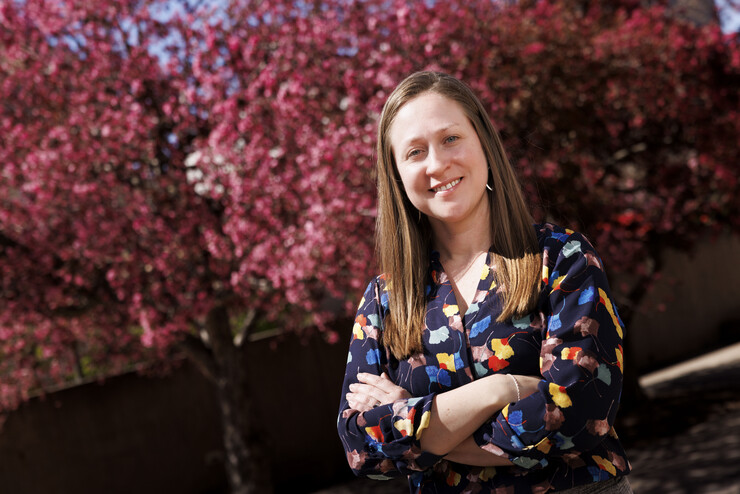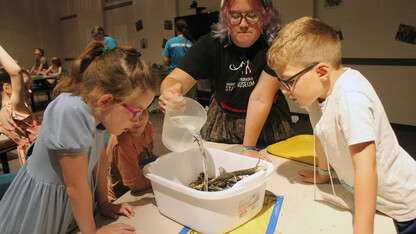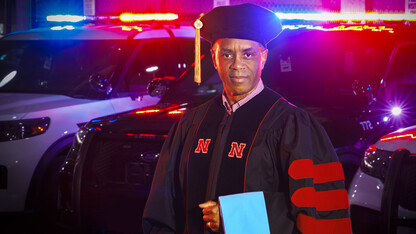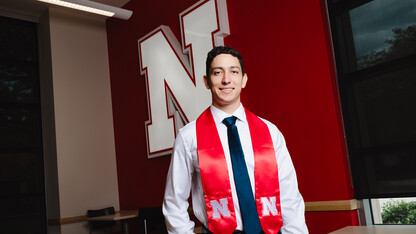· 5 min read
Votruba earns CAREER award to study legal help decisions
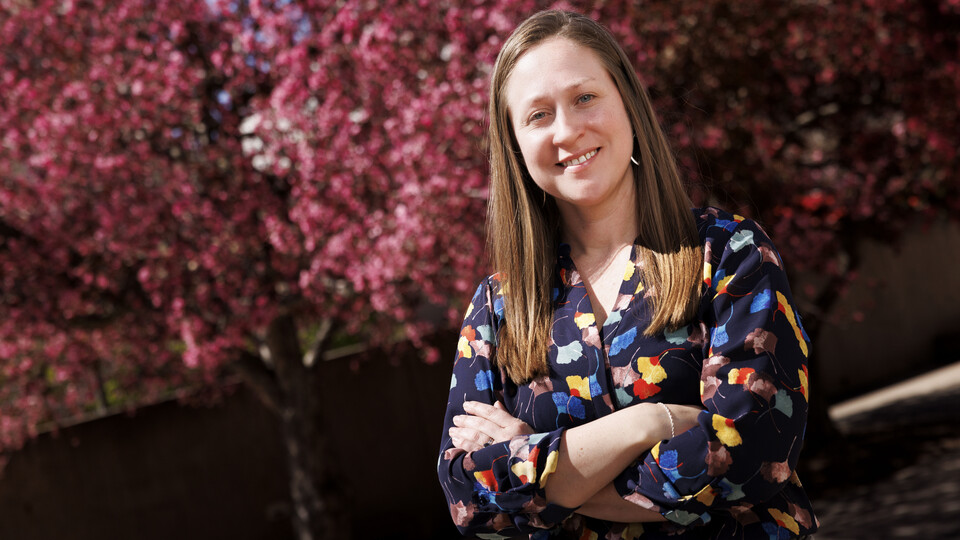
The United States has one of the most acute civil justice gaps among western countries. Many more people need assistance with civil legal problems — which include housing, health care, education and employment issues — than those who receive it.
One unexplained factor driving this gap is the seeming choice to not seek legal services: Recent estimates indicate that although 74% of low-income households in the U.S. experience a civil justice problem in a year’s time, only 19% seek legal help. But why? Understanding this phenomenon is important because unresolved civil justice problems negatively impact safety and security, health, housing and mental health.
The University of Nebraska–Lincoln’s Ashley Votruba aims to paint a more complete picture of why individuals do not seek legal assistance, particularly people of color and members of low-income households, who historically have been underserved by the legal system. With a $660,000 grant from the National Science Foundation’s Faculty Early Career Development program, Votruba will conduct national surveys to shed light on how people across a wide demographic range perceive the legal system and how they manage emerging civil justice problems.
She will also tackle the civil justice gap more directly by launching a community workshop program in Nebraska focused on enhancing access to justice. Through this initiative and the courses she teaches at the university, Votruba will connect Husker students to new community outreach and engagement opportunities.
The project is innovative for its exploration of the civil justice gap through the lens of psychology. Votruba said much of the existing work looks at the problem from a legal standpoint or uses sociological methods, which often focus on macro-level trends.
“As a psychologist, I’m interested in things at the level of the individual,” said Votruba, assistant professor of psychology and a member of the university’s Law-Psychology Program. “By really focusing on the parties involved, we’re going to get a better ground-level understanding of the issue.”
She will gather information through a two-part study. The first is a large-scale national survey of a group that is diverse in terms of socioeconomic status, race and ethnicity, and exposure to legal problems. The goal is to collect information about how people perceive civil justice problems, the legal system and their ability to navigate the system.
Using this data, Votruba’s team will identify people who are in the very early stages of a civil justice problem — for example, a renter moving out of an apartment who is struggling to get her deposit back. In a first-of-its-kind study, the researchers will follow up with these individuals every three months until the problem is resolved, or until the two-and-a-half-year survey closes. If a problem is resolved, an exit interview will document the process leading to resolution and how the parties perceive the outcome.
“We’re trying to capture that holistic experience across multiple time points, which hasn’t been done before,” Votruba said.
This detailed look at how civil justice problems are solved in the real world will inform development of effective policies. Until now, Votruba said, the focus has been on providing more legal services through reduced- or no-cost programs. This is a viable solution — if the obstacle is, in fact, cost. Votruba expects her data may show that other factors contribute to the decision to not seek legal assistance, which could help shape better policies.
Her team is particularly interested in how people successfully resolve disputes outside of the legal system. Learning about these scenarios will help policymakers identify alternative pathways to resolution — a potential boon for court systems, which are already overburdened and under-resourced.
For the project’s education component, Votruba will focus on access-to-justice issues at the local level. Her team, which will include law-psychology graduate students, law students and undergraduates, will launch the Community Civil Justice Workshop series, which will begin with focus groups across four communities in Nebraska, including both rural and urban areas.
Through these conversations, the team will pinpoint the civil justice issues most pressing in each community. Then, they will develop tailored lesson plans and materials that will be distributed during workshops over the next four years. Ultimately, Votruba’s team will launch a website to host these workshop materials, making them available to nonprofit organizations and community groups who want to host similar workshops elsewhere in the United States.
Votruba also aims to create experiential learning opportunities for Husker students that equip them to work with diverse groups of people during their careers. In addition to including students in each phase of the workshop series, Votruba will incorporate hands-on learning opportunities into the courses she teaches at Nebraska.
The National Science Foundation’s CAREER award supports pre-tenure faculty who exemplify the role of teacher-scholars through outstanding research, excellent education and the integration of education and research.
